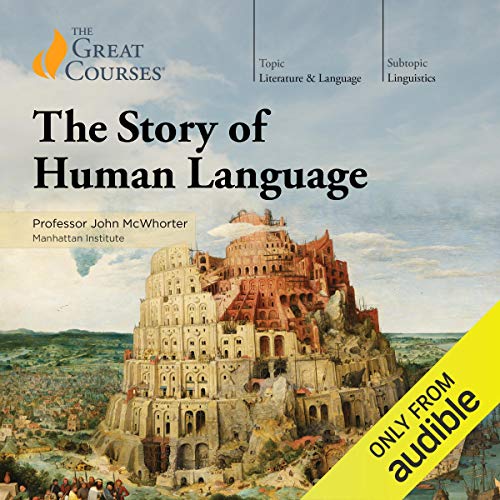
$0$21.48
Computing: A Concise History
Computing: A Concise History summary & excerpts
For about a year now I have been considering the concept of a mechanical brain. Discovery that there are elementary operations for which all arithmetic and thought processes can be solved. For every problem to be solved, there must be a special-purpose brain that solves it as fast as possible. Zeus was a mechanical engineer. He chose to use the binary or base-2 system of arithmetic for his proposed calculator because as an engineer he recognized the inherent advantages of switches or levers that could assume one of only two instead of ten positions. But as he began sketching out a design, he had an insight that is fundamental to the digital age that has followed. He recognized that the operations of calculation, storage, control, and transmission of information, until that time traveling on separate avenues of development, are in fact one and the same. In particular, the control function, which had not been mechanized as much as the others in 1937, could be reduced to a matter of binary arithmetic. That was the basis for his use of the terms mechanical brain and thought processes, which must have sounded outrageous at the time. These terms still raise eyebrows when used today, but with each new advance in digital technology they seem less and less unusual. Zeus realized that he could design mechanical devices that could be flexibly rearranged to solve a wide variety of problems, some requiring more calculation and others requiring more storage, though each requiring varying degrees of automatic control. In short, he conceived of a universal machine. Today we're familiar with its latest incarnation, a handheld device that, thanks to numerous third-party application programs called apps, can do almost anything. Calculate, play games, view movies, take photographs, locate one's position on a map, record and play music, send and process text, and by the way, make phone calls. Zeus recalled mentioning his discovery to one of his former mathematics professors, only to be told that the theory Zeus claimed to have discovered had already been worked out by the famous Göttingen mathematician David Hilbert and his students. But that was only partially true. Hilbert had worked out a relationship between arithmetic and binary logic, but he didn't extend that theory to a design of a computing machine. The Englishman Alan M. Turing, who lived between 1912 and 1954, had done just that, in a thirty-six-page paper published in the Proceedings of the London Mathematical Society the year before in 1936. Zeus was unaware of Turing's paper until years later. He learned of Babbage only when he applied for a German patent, and the patent examiner told him about Babbage's prior work. So although Zeus took the bold step of introducing theoretical mathematics into the design of a mechanical calculator, Turing took the opposite but equally bold step, introducing the concept of a machine into the pages of a theoretical mathematics journal. In his paper, Turing described a theoretical machine to help solve a problem that Hilbert himself had proposed at the turn of the twentieth century. Solving one of those problems placed Turing among the elite of mathematicians. Mathematicians admired his solution, but it was his construction of this machine that placed Turing among the founders of the digital age. I say machine with air quotes because Turing built no hardware. He described a hypothetical machine to help solve a problem that
How to listen to Computing: A Concise History for free
To listen to Computing: A Concise History audiobook for free, please follow these easy steps:
- Visit Audible's trial page
- Click on Try Audible Free
- Login to your Amazon account or create a new one
- Start your free tial (1 month for free, cancel anytime)
- Search for Computing: A Concise History in the search bar, click on Try for $0.00
- Start listening, and enjoy 2 audiobooks of your choice
P.S. You will still be able to keep and access these 2 audiobooks even after your trial ends.
Disclaimer: Some of the links on our website may be affiliate links, so we may earn affiliate commissions.
Computing: A Concise History sample
This sample is narrated by a real person
FAQ
Most asked questions about Computing: A Concise History
More from Paul E. Ceruzzi
The authors' 1 popular audiobooks
- GPS
More from Tim Andres Pabon
The narrators' 3 popular audiobooks
- Neuroplasticity
- Meditations & Affirmations
- How to Use the Laws of Mind
Playback Speed Calculator
Calculate Computing: A Concise History length with the given playback speed
Calculated Time
Saved Time
03:56:00
00:00:00





